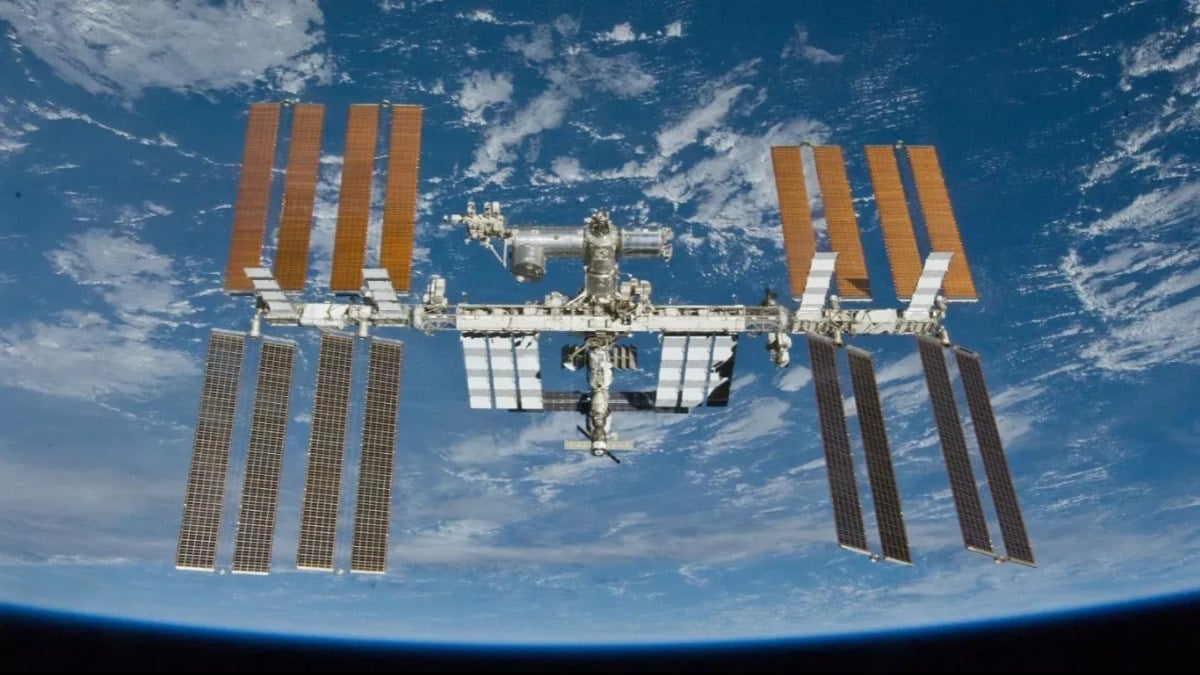NASA sent bacteria into space!

These "hidden travelers" will be grown under special conditions in space to study the effect of weightlessness on bacteria-killing bacteriophage viruses. The experiment is being conducted in collaboration with the Sheba Medical Center in Israel and the US-based company SpaceTango.
NASA STUDENTS' RESEARCHA key component of the study is the NASA-supported student research program "Genes in Space-12." This program will send DNA-focused experiments designed by 7th-12th grade students to the ISS to observe the effects of microgravity on the interactions between bacteria and viruses.
Boeing representative Scott Copeland, who contributed to the experiment, stated that the aim was to understand how bacteriophage viruses could be used to treat bacterial infections in space. Copeland said this could reduce reliance on antibiotics.
A HOPE FOR THE WORLD?The experiment holds promise not only for space missions but also for addressing the problem of antibiotic resistance on Earth. Antibiotic-resistant bacteria pose a serious risk to global health by rendering existing treatments ineffective.

The research will begin by cultivating different bacterial species in space. The impact of the weightless environment on the bacteria's virulence and antibiotic resistance gene expression will be analyzed.
THEY WILL BE FROZEN AT -80 DEGREES AND BROUGHT BACKThe grown bacteria will then be frozen at -80 degrees Celsius and returned to Earth. A comparison will be made with versions of the same bacteria grown on Earth.
While this is the second experiment conducted by ARC Space Lab, it is the first to be conducted aboard the International Space Station. Experts believe the experiment will be crucial for combating infections in future space missions and developing new treatments on Earth.
SÖZCÜ





